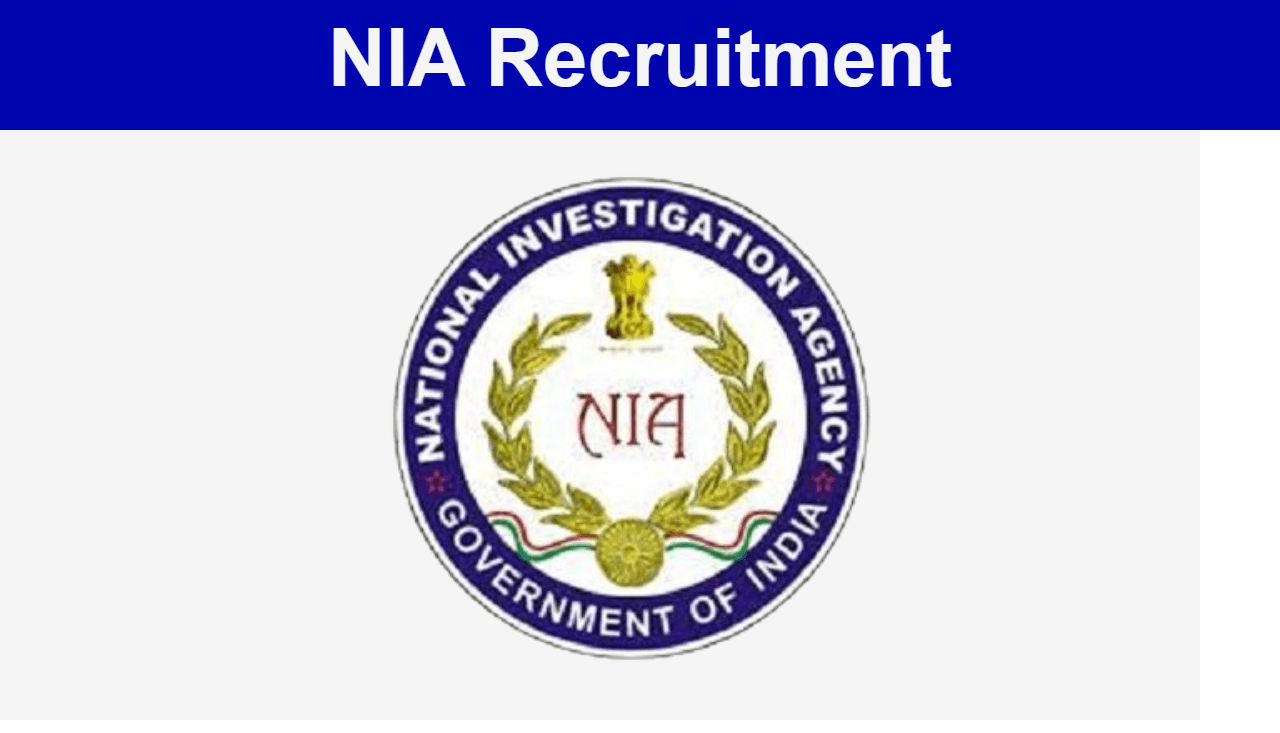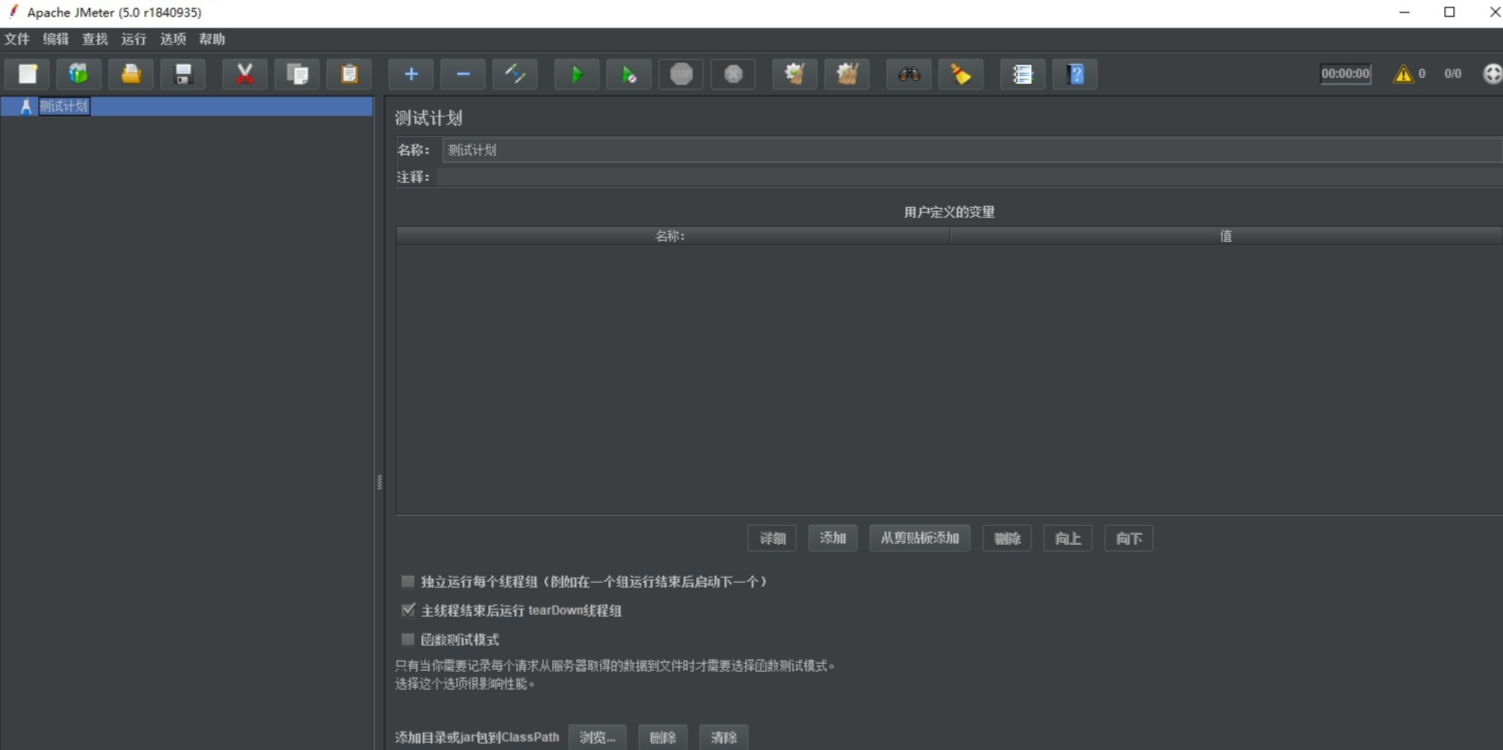Apply For Defense Industry Jobs

The defense industry is a critical sector that plays a vital role in ensuring national security and safeguarding global interests. With its diverse range of operations, from military technology development to cybersecurity, the defense industry offers a plethora of career opportunities for professionals seeking a challenging and meaningful career path. In this comprehensive guide, we will delve into the process of applying for jobs in the defense industry, exploring the unique qualifications, skills, and strategies required to thrive in this dynamic field.
Understanding the Defense Industry Landscape

The defense industry encompasses a broad spectrum of organizations and companies, including government agencies, defense contractors, research institutions, and technology firms. These entities collaborate to develop advanced military systems, maintain national security infrastructure, and protect sensitive information. From cutting-edge weapons systems to secure communication networks, the defense industry drives innovation and technological advancements.
One of the key aspects of the defense industry is its focus on national security. Government agencies, such as the Department of Defense and intelligence organizations, lead the way in developing strategies and technologies to defend against threats. They work closely with defense contractors, who design and manufacture specialized equipment, aircraft, and vehicles. Research institutions, both government-funded and private, contribute to this ecosystem by conducting groundbreaking research in areas like materials science, artificial intelligence, and quantum computing, which have direct applications in defense systems.
The defense industry's reach extends beyond physical assets. Cybersecurity is a critical component, as nations and organizations defend against digital threats and ensure the integrity of their networks and data. With the increasing sophistication of cyberattacks, the demand for skilled professionals in this field is on the rise. From developing secure software to implementing advanced encryption protocols, cybersecurity experts play a crucial role in protecting national interests.
Qualifying for Defense Industry Roles

Applying for jobs in the defense industry requires a unique set of qualifications and skills. Here’s an overview of the key requirements and considerations:
Education and Technical Expertise
A strong educational background is often a fundamental requirement for defense industry roles. Many positions, especially those in engineering, technology, and research, require a bachelor’s or master’s degree in relevant fields such as computer science, electrical engineering, mechanical engineering, or cybersecurity. Advanced degrees and specialized certifications can further enhance your qualifications and demonstrate your expertise in specific areas.
Beyond formal education, practical experience and technical proficiency are highly valued. Proficiency in programming languages, software development, network administration, or cybersecurity tools can be essential for certain roles. Additionally, a solid understanding of defense systems, military operations, and the latest technological advancements in the industry is beneficial. Staying updated with industry trends and developments through professional networks, conferences, and continuing education programs can set you apart from other candidates.
Security Clearances and Background Checks
Due to the sensitive nature of defense work, security clearances are a common requirement. These clearances, issued by government agencies, allow individuals access to classified information and facilities. The level of clearance required can vary based on the position and the specific organization. Obtaining a security clearance can be a lengthy process, often involving thorough background checks and interviews, so it’s advisable to initiate this process early in your career journey.
Background checks are standard practice in the defense industry to ensure the integrity and reliability of employees. These checks may include verifying employment history, educational qualifications, criminal records, and financial stability. Maintaining a clean and transparent background is crucial for obtaining security clearances and gaining access to sensitive information and projects.
Specialized Skills and Certifications
The defense industry often seeks professionals with specialized skills and certifications. Depending on the role, you may need to demonstrate expertise in areas such as project management, systems engineering, supply chain management, or intelligence analysis. Obtaining relevant certifications, such as the Project Management Professional (PMP) or Certified Information Systems Security Professional (CISSP), can enhance your credentials and showcase your dedication to continuous professional development.
Navigating the Application Process
Applying for jobs in the defense industry involves a thorough and strategic approach. Here are some key steps and considerations to guide you through the process:
Researching Defense Industry Employers
Familiarize yourself with the various organizations and companies operating in the defense industry. Research their mission, values, recent projects, and areas of specialization. Understanding the unique contributions of each employer will help you tailor your applications and highlight how your skills align with their specific needs.
Explore job boards and career portals dedicated to the defense industry, such as the U.S. Department of Defense's Career Opportunities portal or industry-specific job sites. These platforms often provide detailed job descriptions, allowing you to assess your qualifications and interests more effectively. Stay updated with industry news and developments to identify emerging opportunities and potential employers.
Crafting a Compelling Resume and Cover Letter
When applying for defense industry roles, your resume and cover letter are your primary tools for making a strong impression. Highlight your education, technical skills, and relevant work experience, ensuring that your qualifications align with the job requirements. Emphasize any security clearances or specialized certifications you hold.
In your cover letter, demonstrate your understanding of the defense industry and its unique challenges. Highlight how your skills and experiences can contribute to the organization's mission and objectives. Personalize your cover letter for each application, showcasing your passion and enthusiasm for the specific role and employer.
Networking and Building Connections
Networking is invaluable in the defense industry. Attend industry events, conferences, and seminars to connect with professionals, recruiters, and potential employers. Engage in meaningful conversations, seek advice, and showcase your expertise and enthusiasm for the field. Building relationships can lead to valuable referrals and insights into job opportunities.
Leverage professional networking platforms such as LinkedIn to connect with industry professionals and stay updated on job openings and industry trends. Join relevant groups and engage in discussions to showcase your knowledge and build your online presence. Online networking can open doors to potential mentors and job leads, so maintain an active and professional online profile.
Preparing for Interviews and Assessments
Interviews in the defense industry often involve technical assessments and behavioral evaluations. Be prepared to demonstrate your problem-solving skills, critical thinking abilities, and knowledge of defense systems. Research common interview questions and practice your responses to showcase your expertise and fit for the role.
Assessments may include technical tests, case studies, or group exercises. Familiarize yourself with the assessment formats and practice relevant skills. Stay updated on industry news and developments to ensure your knowledge is current and relevant. Approach assessments with confidence and a problem-solving mindset to demonstrate your capabilities.
Success Stories and Case Studies
To provide a deeper understanding of the application process, let’s explore some success stories and case studies of individuals who have successfully navigated the journey into the defense industry.
Case Study: Emily’s Journey to Cybersecurity Leadership
Background: Emily, a recent graduate with a bachelor’s degree in computer science, was passionate about cybersecurity and its role in protecting national interests. She recognized the growing demand for skilled professionals in this field and set her sights on a career in defense-focused cybersecurity.
Strategy: Emily began by researching defense contractors and government agencies specializing in cybersecurity. She attended industry conferences and networking events, connecting with professionals and recruiters. Through these interactions, she gained valuable insights into the industry's needs and identified potential employers.
Emily tailored her resume and cover letter to highlight her technical skills, including proficiency in programming languages and network security tools. She emphasized her understanding of cybersecurity threats and her enthusiasm for contributing to national security. Additionally, she pursued certifications such as the CISSP to enhance her credentials.
Outcome: Through her proactive networking and well-crafted applications, Emily secured interviews with several defense contractors. Her strong technical skills and passion for cybersecurity impressed recruiters, leading to multiple job offers. She ultimately accepted a position as a cybersecurity analyst with a leading defense contractor, where she now plays a crucial role in safeguarding sensitive information and contributing to national security initiatives.
Case Study: Michael’s Transition from Military to Defense Contracting
Background: Michael, a veteran with extensive military experience, sought to transition his skills and expertise into the defense industry upon leaving active duty. He recognized the value of his military background and aimed to contribute to defense operations through a civilian role.
Strategy: Michael leveraged his military connections and attended veteran-focused career fairs and networking events. He highlighted his leadership experience, technical skills acquired during his military service, and his understanding of defense systems and operations. He also pursued additional certifications relevant to the defense industry, such as project management and systems engineering.
Michael tailored his resume to emphasize his military accomplishments and the transferable skills he possessed. He highlighted his ability to work in high-pressure environments, manage complex projects, and lead teams effectively. Additionally, he showcased his knowledge of defense technologies and his commitment to national security.
Outcome: Michael's military background and proactive networking efforts caught the attention of several defense contractors. His unique skill set and leadership experience made him an attractive candidate. He was offered a position as a program manager at a major defense contractor, where he now oversees critical defense projects, leveraging his military expertise and leadership skills to drive innovation and success.
Conclusion: A Rewarding Career in the Defense Industry

Applying for jobs in the defense industry requires a dedicated and strategic approach. By understanding the unique qualifications and skills required, researching potential employers, and crafting compelling applications, you can position yourself for success. The defense industry offers a range of exciting opportunities to contribute to national security, technological innovation, and global defense efforts.
Whether you're a recent graduate seeking a challenging career path or a professional looking to transition into the defense sector, the journey begins with a thorough understanding of the industry and a commitment to continuous learning and development. With the right qualifications, a proactive mindset, and a passion for defense and security, you can embark on a rewarding and impactful career in the defense industry.
How long does it typically take to obtain a security clearance in the defense industry?
+The timeline for obtaining a security clearance can vary, typically ranging from several months to a year or more. Factors such as the level of clearance required, the completeness of your application, and the workload of the security clearance office can influence the processing time. It’s advisable to initiate the clearance process early to ensure a smoother transition into defense industry roles.
Are there entry-level positions available in the defense industry for recent graduates?
+Absolutely! The defense industry offers a range of entry-level positions suitable for recent graduates. These roles provide an excellent opportunity to gain valuable experience and develop your skills within a dynamic and challenging environment. Look for internships, rotational programs, or junior-level positions that align with your qualifications and interests.
What are some key tips for networking effectively in the defense industry?
+Networking is crucial in the defense industry. Attend industry events, conferences, and seminars to connect with professionals. Engage in meaningful conversations, showcase your expertise, and seek advice. Build relationships with recruiters and industry experts, and leverage online platforms like LinkedIn to expand your network. A strong network can provide valuable insights and open doors to potential opportunities.
How can I stay updated with the latest developments in the defense industry?
+Staying updated with industry trends is essential for success in the defense sector. Follow reputable defense industry news outlets, subscribe to industry publications, and attend webinars and conferences. Engage in online communities and forums to discuss emerging technologies and best practices. Additionally, seek out professional development opportunities and continue learning to enhance your skills and knowledge.



